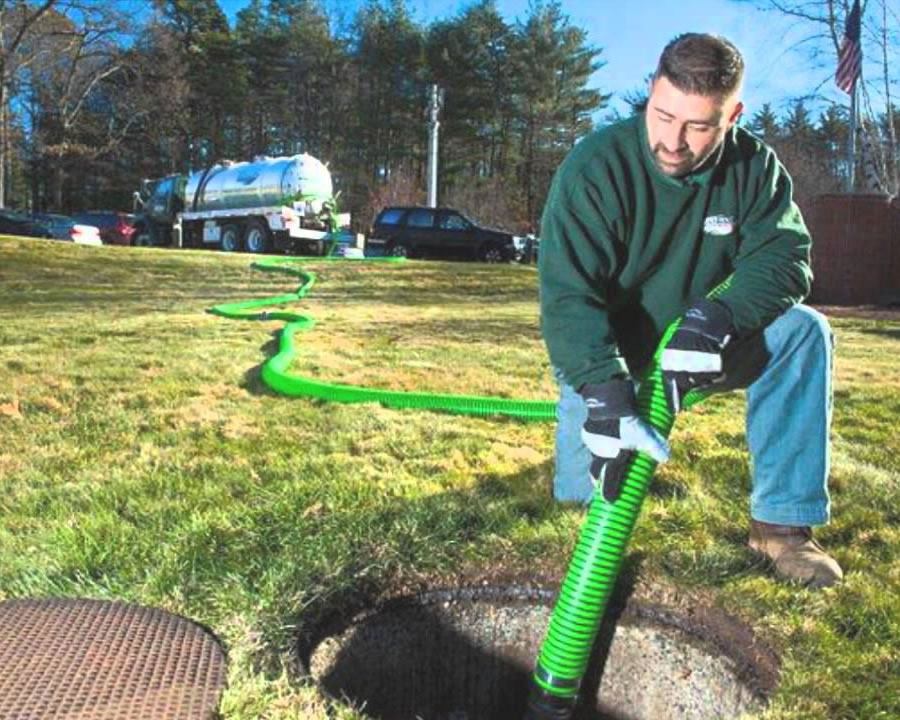
13
Regular septic tank pumping is a fundamental aspect of your septic tank’s maintenance routine. In this article, we'll provide you with essential pumping tips that every homeowner should know to ensure the longevity and efficiency of your septic system.
A septic tank is an underground wastewater treatment system that collects and breaks down household waste. Over time, solid waste and sludge accumulate at the bottom of the tank, reducing its capacity and potentially leading to clogs and backups. Septic tank pumping involves removing the accumulated solids and sludge from the tank, preventing these issues and maintaining the system's functionality.
Establishing a regular septic tank pumping schedule is crucial. The frequency of pumping depends on various factors, including the size of your tank, the number of occupants in your home, and your water usage. As a general guideline, most septic tanks should be pumped every 3 to 5 years. However, larger households or those with high water usage might require more frequent pumping.
When it's time to pump your septic tank, it's essential to hire a reputable and licensed septic company. Professional septic technicians at Charlotte Septic Pros have the expertise, equipment, and knowledge to perform the job safely and effectively. They can also conduct a thorough inspection of your tank and provide insights into its condition, potential septic tank repairs, or the need for septic tank installation.
While a regular pumping schedule is recommended, it's essential to be aware of signs that your septic tank may be reaching capacity sooner than expected. These signs include slow drains, gurgling sounds in your plumbing, foul odors around your property, or sewage backups. If you notice any of these indicators, it's time to contact a septic company for an inspection and possible pumping.
Excessive water usage can overwhelm your septic system and lead to the need for more frequent pumping. Conserving water by fixing leaks, using water-efficient appliances, and spreading out household tasks like laundry over the week can help reduce the strain on your septic system.
What goes down your drains can impact the health of your septic system. Avoid flushing non-biodegradable items, chemicals, grease, and excessive amounts of cleaning products down the toilet or drains. These substances can disrupt the natural bacteria in the tank that break down waste, leading to potential clogs and system imbalances.
Regular maintenance and prompt repairs are key to preventing septic tank issues that could lead to costly repairs or replacements. If you notice any unusual changes in your plumbing, drainage, or sewage disposal, contact a professional septic company for a thorough assessment and necessary repairs.
In some cases, septic tank repair may not be enough to restore your system's functionality. If your septic tank is old, damaged, or consistently experiencing issues, it might be time for a new septic tank installation. A professional from Charlotte Septic Pros can guide you through the process, helping you choose the right tank size, type, and location for your property's needs.
Septic tank pumping is a crucial responsibility for homeowners who rely on septic systems. Following these essential tips can help you maintain a healthy and efficient septic system, preventing costly repairs and ensuring the well-being of your property and the environment. By taking these steps, you can enjoy a smoothly operating septic system for years to come.
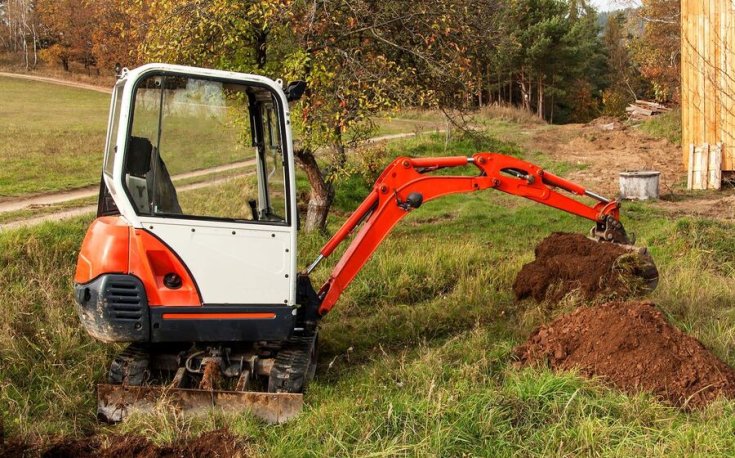
26
Choosing the Right Septic System Drain Field Expert When it comes to your home’s septic system, the drain field plays…
Read more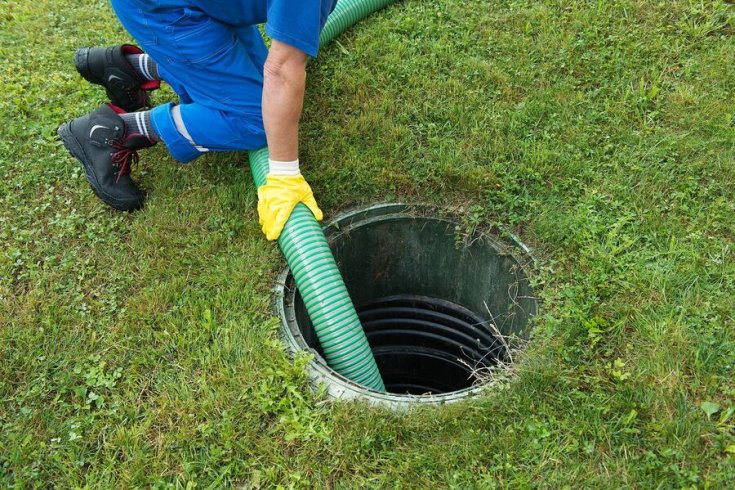
18
Reliable and Affordable Septic Services A properly functioning septic system is essential for any home or business that relies on…
Read more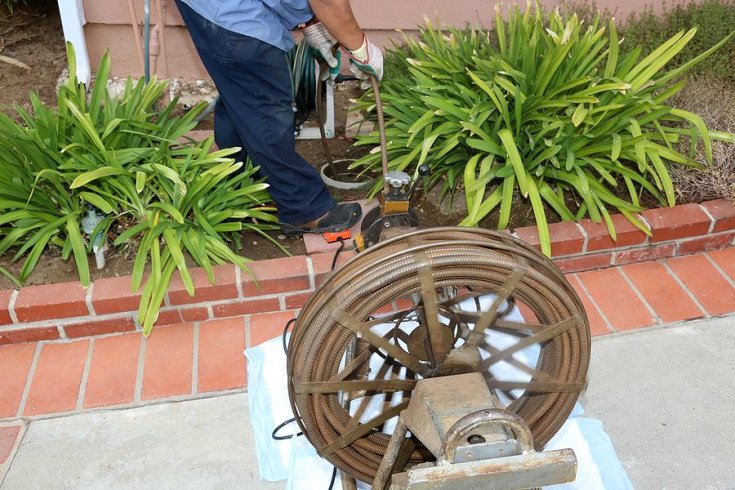
09
Signs and Solutions for a Failing Drain Field Your septic system plays a critical role in managing household wastewater, and…
Read more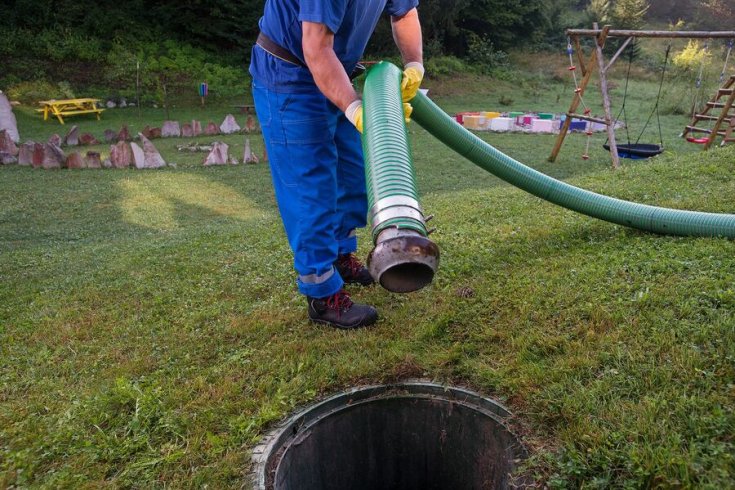
03
A Newbie’s Guide to Septic Pumping If you’re new to homeownership and have a septic system, you might be wondering…
Read more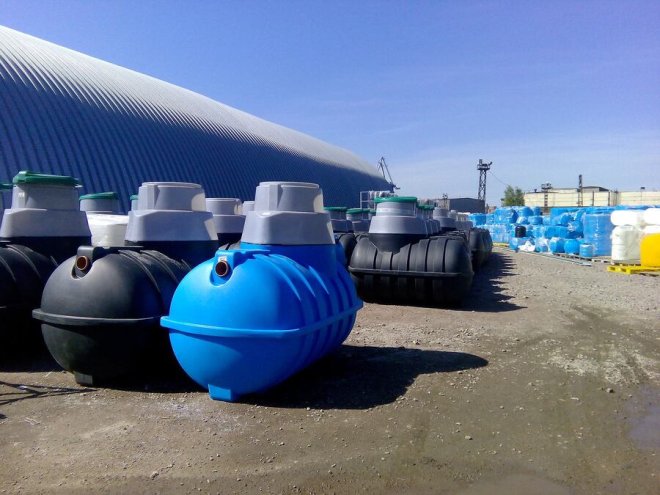
28
How to Prepare for Septic System Installation Installing a septic system is a major investment for any property that lacks…
Read more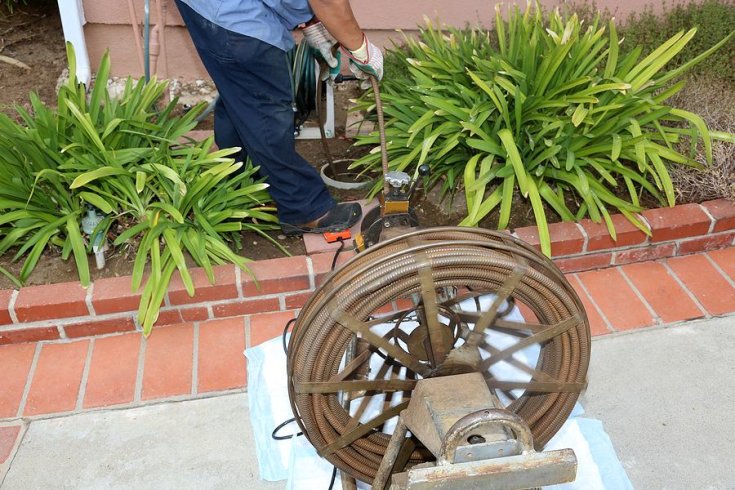
20
How Main Drain Cleaning Can Prevent Sewer Backups Sewer backups are one of the most unpleasant plumbing emergencies homeowners can…
Read more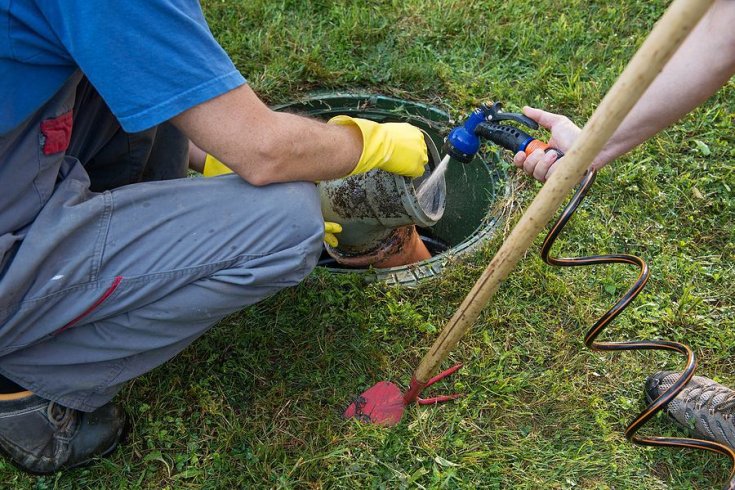
13
What to Do When You Have Drainage Problems Drainage problems can be frustrating and cause serious damage if left untreated.…
Read more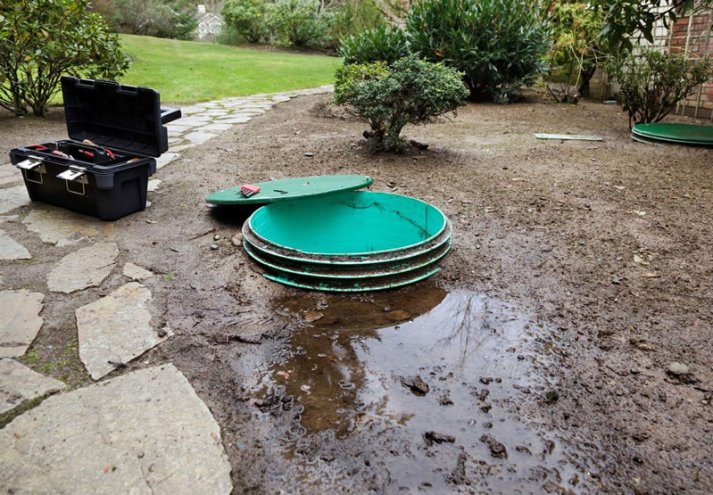
04
Signs and Causes of Septic Leaks A leaking septic system can pose serious health and environmental risks. If left untreated,…
Read more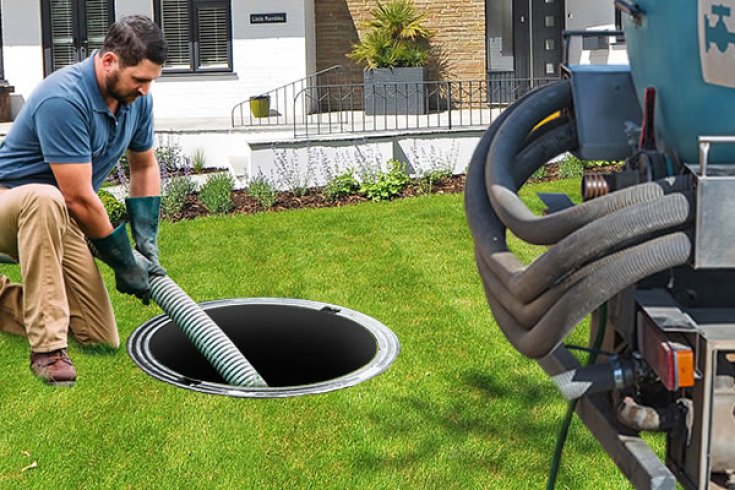
02
Unusual Septic Tank Blockages: Keeping Your Septic System Healthy A properly functioning septic system is crucial for any home or…
Read more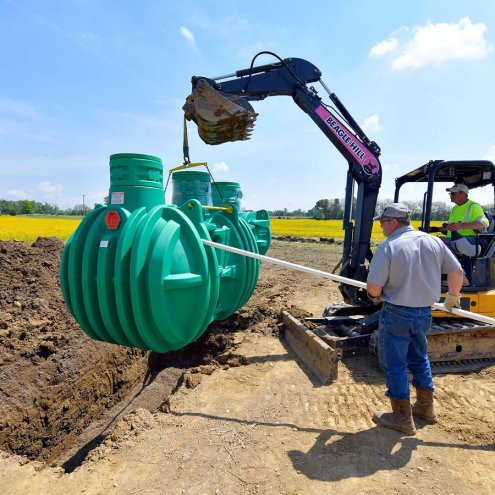
23
Seasonal Weather and Septic Systems Tank Your septic system plays a vital role in managing household wastewater, but seasonal weather…
Read more